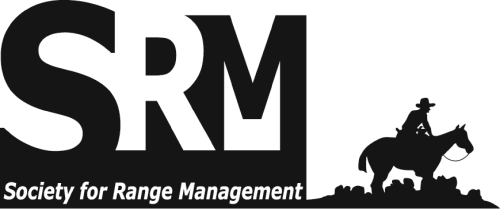Large areas of matorrales in the Sonoran desert are deteriorated showing low forage production for wildlife and cattle. In most cases these sites are in poor condition and require range seeding to restore productivity. This study was conducted during 2014 at rancho el Aguila in north-central Sonora Mexico. Two hundred plants each of ironwood (Olneya tesota), foothill palo-verde (Cercidium microphyllum), mesquite (Prosopis glandulosa) and baby bonnet (Coursetia glandulosa) were grown on plastic containers under greenhouse conditions during April 2014 and were nursed by 90 days until they were 30 to 50 cm tall. One hundred plants of each species were randomly transplanted in the field at 10 meters intervals along contour furrows 1 meter tall and 3 meters wide constructed with a bulldozer. Plants were planted in august during the summer rains in pits 20 cm wide and 30 cm depth. One hundred other plants were transplanted in bare ground with no furrows (untreated check). Plants in both treatments were not irrigated at transplanting and the site was fenced to protect from cattle grazing. A randomized design was used and data were analyzed by ANOVA (P?0.05). Precipitation was 410 mm during 2014. Species survival and plant height was different (P?0.05) on areas with and without contour furrowing. Plant survival in the contour furrows averaged 48.5% among species with 45, 48, 65 and 35% for ironwood, foothill palo-verde, mesquite and baby bonnet, respectively. Plant survival in the checks averaged 11.3% among species with 12, 5, 20 and 8% survival for ironwood, foothill palo-verde, mesquite and baby bonnet, respectively. Species height on the contour furrowed plots varied from 58 to 165 cm while on the controls from 40 to 72 cm. We conclude that range rehabilitation trough brush transplanting along contour furrows is an alternative to restore productivity in Sonoran Deserts ecosystems.

Oral presentation and poster titles, abstracts, and authors from the Society for Range Management (SRM) Annual Meetings and Tradeshows, from 2013 forward.